In a year when a socialist presidential candidate is setting the tone for a national political debate about health care, it’s reassuring to know that some of Sen. Bernie Sanders (I-VT) ideas are dead on arrival in a Republican-controlled House of Representatives.
Rep. Kevin Brady (R-TX), the powerful chairman of the House Ways and Means Committee, made it clear he won’t stand for imposing price controls on pharmaceutical drugs in remarks at the GOP convention in Cleveland.
“Study after study shows that will save no money,” Brady noted, correctly. In fact, those studies include the Congressional Budget Office’s official projections for the controversial Sanders proposal, which is as close to a consensus view as exists in modern Washington.
Sanders, Hillary Clinton and others say the federal government, which currently purchases Medicare drugs at market rates, should be able to “negotiate” the prices it pays with drug companies. In practice, that means giving bureaucrats authority to keep cutting edge drugs off the Medicare formulary, like the Department of Veterans Affairs does.
“If you follow the VA model, which is what’s proposed for Medicare, this is how they save money: they don’t allow breakthrough drugs, that may be more expensive, so they limit the medicines that are available, and they limit how the veterans can get them. They limit access,” Brady said.
Besides greatly restricting choice and preventing Medicare patients from accessing the best available drugs, economic research on a broad range of countries that have employed such approaches show it is actually counterproductive. For example, in many instances, doctors end up prescribing higher doses of less effective medicines, reversing any potential cost savings.
At a fundamental level, it’s nearly impossible to incentivize federal bureaucrats to use such an approach to lower costs without harming the quality of care, because none of the people employed in the endeavor benefit personally from any of the savings and there is no threat the patients will leave for another service, since none like Medicare exists for them.
Brady instead touts free market competition to achieve efficiency: consumers choosing between options for a service that meets their needs at the lowest available price.
Of course, such views are held widely in the GOP policy world. It’s just as important that Brady is demonstrating his willingness to articulate such views effectively as he and other Republicans head towards the next Congress.
If Hillary wins, there are many reasons to conclude her first year in office will include a push on healthcare that makes Obamacare look relatively tame. First, Hillarycare was much more open about its aims to eventually end any role for the free market in the health care sphere than Obamacare. Second, Hillary actually ran to Sanders’ left on many specific health care issues in the fierce primary they waged.
True, she didn’t (openly) advocate single-payer healthcare, but not for any principled reason, only because she thought doing so would hurt the cause. But other issues like her drug plan actually drew scorn even from liberal policy wonks because of their total embrace in magical thinking. Hillary’s drug plan was to make it illegal for people to pay more than a certain amount each month on drugs, a policy which would immediately create huge shortages and rationing.
Brady is well-suited to the task when it comes to substance. He’s long been known inside the halls of Congress as a work horse who puts in the long hours to achieve incremental policy gains from a conservative perspective.
He’s also much more Tim Kaine than Hillary Clinton, in that his affable personality and habit of focusing on substantive disagreements over personality or partisanship have left many of his ideological opponents convinced of his character despite their disagreements.
And beyond the halls of Congress, Brady can even rely on a network of allies internationally from his years of work on trade deals preceding his focus on health care and, in this Congress, ascension to Ways and Means Chairman.
All of which is to say, the task of stopping Hillary’s price controls is in good hands.

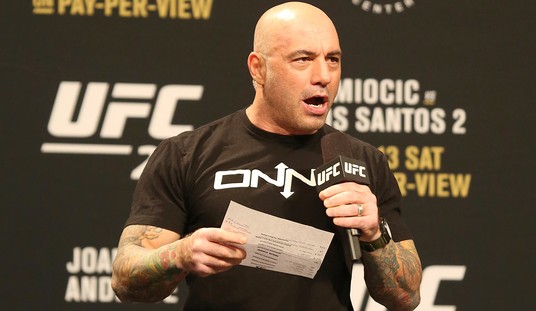







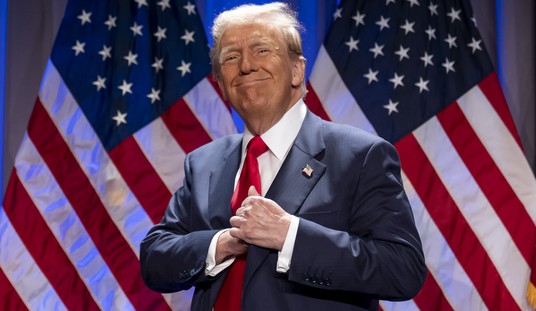
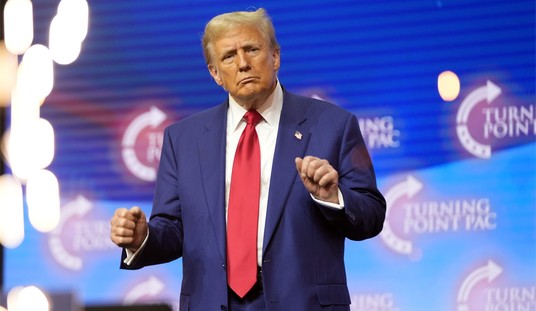
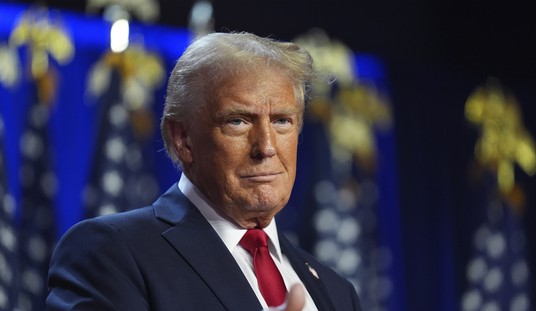

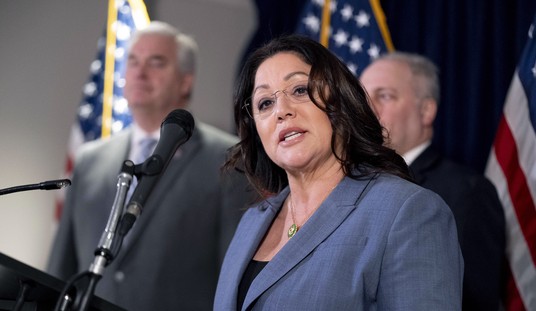
Join the conversation as a VIP Member